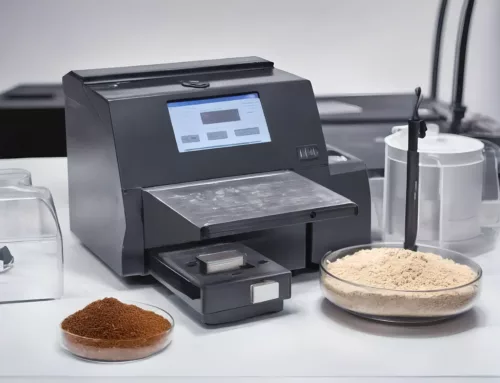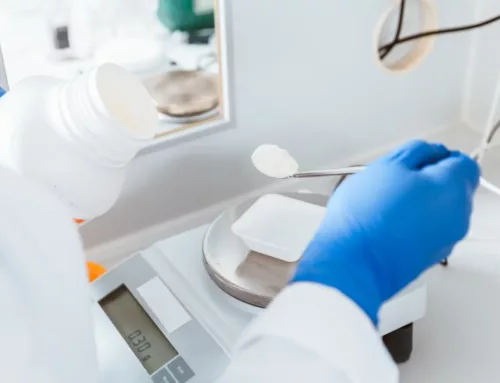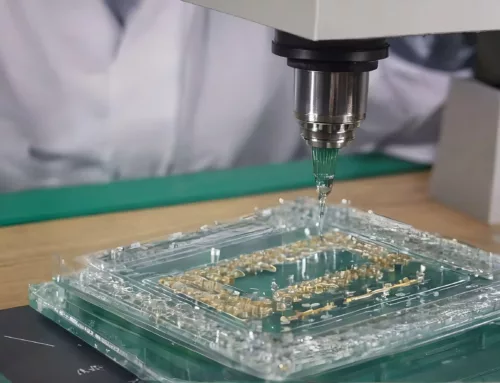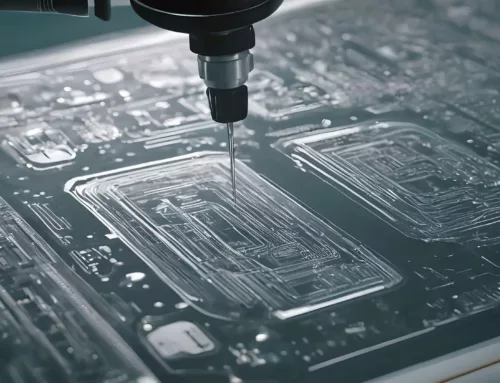There are many factors that come into play when designing or upgrading a facility; local conditions are critical when selecting approaches to solids handling, land availability, land use, local preferences, proximity to homes, etc. must be taken into account when evaluating the building site for a solids handling plant. Also aspects like treatment/disposal solutions play an important factor. As well as regulations, standards and legislation play an important role as well as operational protocols.
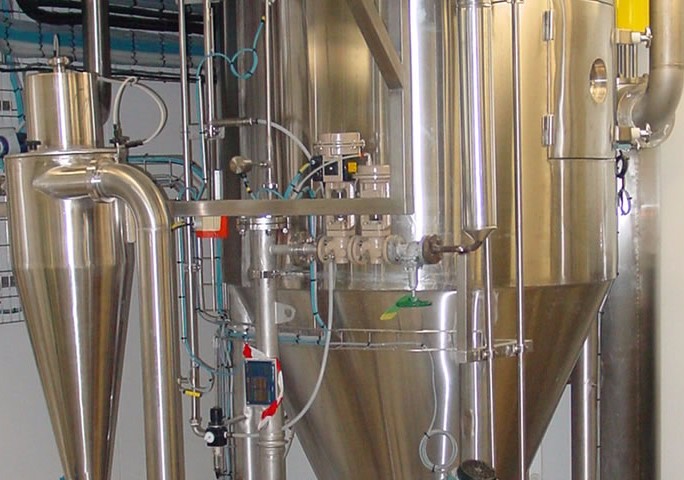
What needs to be taken into account are the challenges posed by solids handling. Delft Solids Solutions is often asked to offer a consult after the fact. The experience of Delft Solids Solutions over many years of reach has taught us that any solids handling facility needs to be de-signed with flexibility. Alternative methods of solids handling should be incorporated in any facility so to allow a plant to cope with changes in regulations, a changing economic climate, corporate guidelines as well as changes in product flow or changing demand in output. As well as the possibility of a changing/ expanding product portfolio.
What role can Delft Solids Solutions play in the optimization of your building plans.
Delft Solids Solutions can provide all the services needed to evaluate, design, and implement your solids handling program. Our experience in investigations, pilot studies, and research and development are essential in solving process and product difficulties. One actual example we came across, which gives an idea of how we solved a process difficulty, was related to handling issues of a product produced in a spray-drying setup. For unpredictable reasons, the product was successively produced several days in a row and suddenly became sticky the next day. In cases like these, the cause is often found in the settings of the spray drier, including the input and output temperature. In this particular case, the spray dryer used environmental air during operation. The moisture and temperature
in the environmental air can change rather dramatically from one day to another and this finally caused the product to become sticky. Ultimately, slight changes in weather conditions can determine the quality of the product. Stickiness research (variable temperature and relative humidity) allows for predicting specific material effects under which types of conditions – typically a combination of temperature and moisture – a product can become sticky or not. This research allows for the most optimal conditions a spray drier can be set to optimize production output, thus preventing the product from becoming sticky by keeping the settings out of the sticky area. However, such conditions are highly material-specific and depend not only on the chemical nature of the product but also on physical aspects like particle size, morphology, amorphous and crystal-line properties, and many more.
Research and development, what does it entail?
The core business of our research laboratory is to solve complex physio-chemical problems in materials science. To address this we use dedicated research set-ups for studying flow behavior, shear, cohesive character of powders, dustiness, attrition and strength of particles, wettability and mixing and segregation of powders. Our research provides valuable information for your operational process and general solids handling. Additionally our research facility offers the capability to study a wide variety of more fundamentally-oriented physical properties with particular emphasis on specific surface area of solids, adsorption, porosity and pore size analysis, density, chemical composition and particle size of solids, but also sprays and aerosols. The majority of our methodologies can be executed according to various ASTM or ISO standards. We provide research in accordance with customers’ specifi-cation.
Practical solutions and consulting
We aim to provide solutions to existing problems but also strongly advise to consult a physio-chemical research organization before putting down the installations in order to prevent rather than solve typical solid matter related issues. All investigations are performed in close consultation with the client and – as far as possible – executed under conditions that closely match the targeted application of the product or actual problem. This is feasible due to the broad array of instruments and specially designed and built set ups, accessories, sample holders and access to a modern workshop enabling the design
of additional accessories. Reporting of investigations is done by means of a full analysis report that besides the results and a discussion thereof is accompanied by background information on the methodologies and equipment used. Our experience with Research & Development throughout the years, the availability of our research laboratory and the content of our knowledge center, enables to provide advice or assistance on many different matters related to solids, e.g. production problems, segregation and/or mixing issues, flow or caking problems, hopper design, attrition, dustiness, etc


